MS Environmental Science
A holistic and integrative program, the Master of Science in Environmental Science program incorporates contemporary thinking on the relationship between nature and human society and how the relationship is influenced by factors such as local, national, and global policies and structures, modes of production, and others. This is an inter-college program designed to produce environmental researchers, teachers, and managers.
Admission Requirements
An applicant with a bachelor’s degree in the biological sciences, physical sciences, mathematics, engineering, economics and other social sciences may be admitted to the MS Environmental Science program. Admission is based on the applicant’s indicated competence and potential to complete the program.
Requirements for Graduation
A student must have taken and passed any three of the four foundation courses of MS Environmental Science Program.
To be conferred with a degree, the student must pass both the written and oral examination given by the examination committee and must be able to defend the thesis.
Minimum Course Requirements
Other Graduate Courses
| Course Number | Course Title | Course Description | Pre-requisite/s | Semester/s Offered | Course Credit |
|---|---|---|---|---|---|
| ENS 202 | Landscape Ecology | Principles, theories, research methods and application of landscape ecology in environmental and natural resource management. | COI | 1, 2 | 3 |
| ENS 203 | Advanced Aquatic Ecology | Recent studies in aquatic environment-organism interactions; adaptive mechanisms; species displacement and extinction; modern approaches in the evaluation of production rates. | COI | 1, 2 | 3 |
| ENS 204 | Issues in Aquatic Resources Management | Problem and issues in the use of aquatic resources with emphasis on the Philippines situation. | COI | 1, 2 | 3 |
| ENS 220 | Institution and the Environment | Social science approaches to the study of man-environment interactions; analysis of the interrelationships between culture, population, and the natural environment, and human responses to changing habitats. | COI | 1, 2 | 3 |
| ENS 255 | Environmental Psychology | Analysis of the confluence of psychological processes and environmental context from a transactional perspective. | COI | 2 | 3 |
| ENS 265 | Gender and Environments | Theories, research, and issues relevant to the analysis of gender relations in the home and work environments. | COI | 1 | 3 |
| ENS 290 | Special Problems | COI | 1, 2, M | 1-3 (May be taken twice provided that total number of units to be credited to the students program will not exceed 4 units.) | |
| ENS 291 | Special Topics | Topics: • Environmental Research Methods • Environmental Diplomacy • Environmental Geology • Environment, Human Health and the Industries • Environmental Hydrology | COI | 1, 2, M | 1-3 (May be taken twice provided that total number of units to be credited to the students program will not exceed 4 units.) |
Areas of Specialization
Environmental Planning and Management
Environmental Planning and Management as an area of specialization focuses on the following (1) environmental policy, (2) environmental program planning and administration, (3) environmental impact assessment, (4) urban and industrial ecology, (5) environmental monitoring and evaluation and (6) environmental planning approaches and methods.
Environmental Restoration
Ecosystem restoration can be tools for protecting biological diversity on the planet, it requires the recreation of prior structure and function including ecosystem services. Areas of focus include degraded forest and agro-ecosystem services. Areas of focus include degraded forest and agro-ecosystems management, degraded aquatic ecosystems management, mined-out area restoration, volcanic debris restoration and riverbank stabilization.
Environmental Chemistry and Toxicology
This program will enable students to understand the chemical nature, effects and detection of environmental problems as well as acquire basic skills in conducting water, soil and air quality analyses. Areas of focus are (1) method development on water/wastewater analysis, (2) water quality monitoring and assessment, (3) wastewater characterization and treatment, (4) wastewater utilization and pollution control, and (5) chemodynamics and fate of chemicals in the environment.


